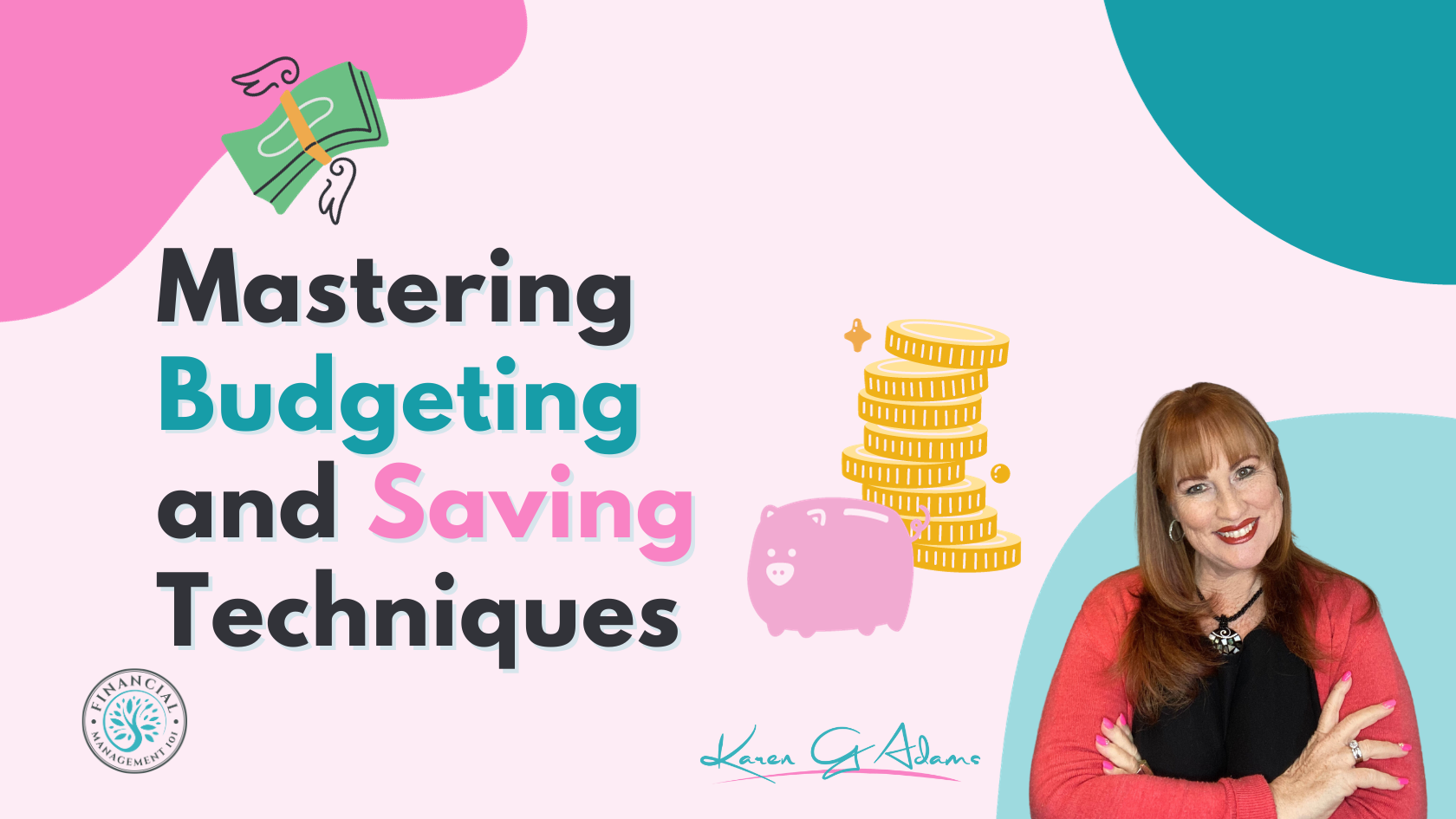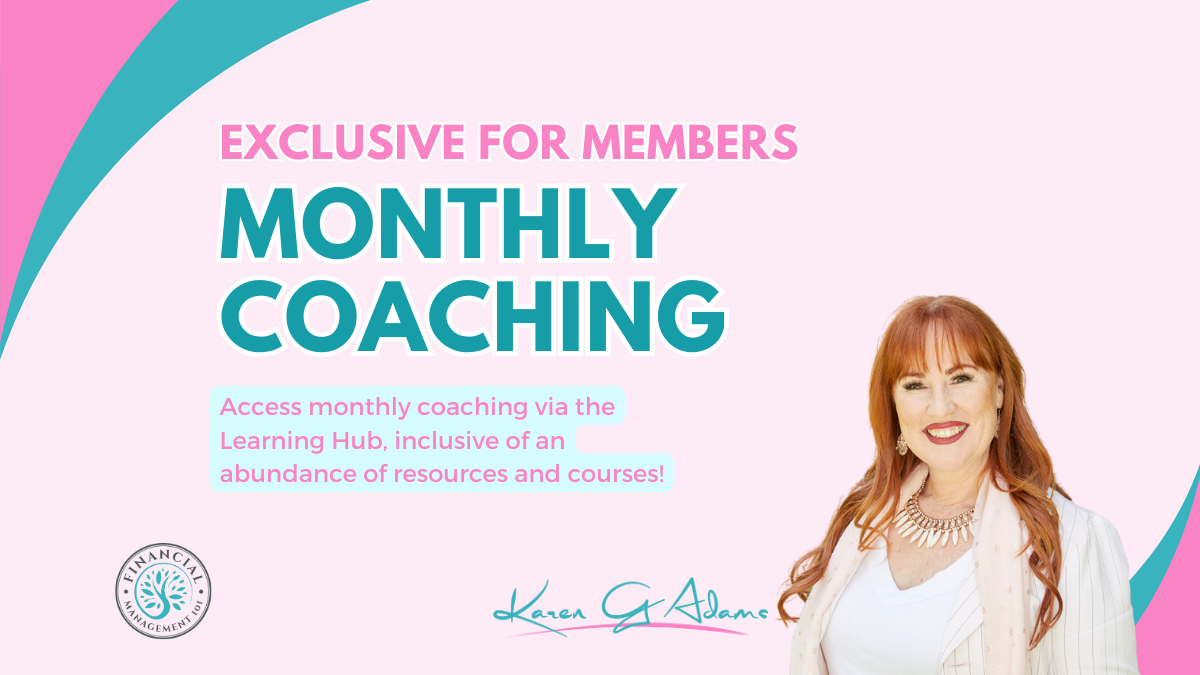So, if you listened to and read my previous blog and podcast, you would have heard some advice for those in the financial sandwich age 35 to 50.
So, let us talk about people in their mid-40s and 50s. This is the stage where you are old enough to have gained some wisdom but young enough to wonder if you have made all the right financial decisions. If you feel like you are on the verge of a midlife financial crisis, take a deep breath. Your trusted financial coach is here to turn that crisis into an opportunity, with a dash of humour to keep things light.
1. THE MIDLIFE FINANCIAL CHECK-UP
Do not skip your financial checkup any more than you would your annual physical. Take a hard look at your finances. Review your budget, debt, savings, and investments. Are you on track to achieve your goals? If not, it is time to make adjustments. Think of it as a financial tune-up. You would not drive your car with the check engine light on indefinitely, so do not neglect your finances.

2. DEBT DETOX: TIME TO CLEAN THE HOUSE
Debt is like that guest who overstays their welcome. It’s time to show it the door. Start by listing all your debts: credit cards, student loans, car loans, and any other liabilities. Tackle high-interest de bt first using the avalanche method or start small with the snowball method. Whatever strategy you choose, the key is to be consistent in your payments. Celebrate small victories along the way—each paid-off debt is a step closer to financial freedom.
3. REVIEW YOUR RETIREMENT GOALS
By now, you probably have some retirement savings, but is it enough? Use retirement calculators to estimate how much you’ll need. Adjust your contributions if necessary. Do not be concerned if you are falling behind. If you are over 50, consider maxing out your retirement accounts or looking into catch-up contributions. And remember that every little bit helps. Even small increases in your contributions can make a big difference over time.
4. HEALTH SAVINGS ACCOUNT (HSA): THE TRIPLE TAX BENEFIT
If you have a high-deductible health plan, an HSA is your new best friend. Contributions are tax deductible, funds grow tax-free, and withdrawals for qualified medical expenses are tax-free. It’s like a financial hat trick. Plus, after age 65, you can use HSA funds for non-medical expenses without a penalty (though you’ll pay regular income tax). It’s a win-win.
5. SIDE HUSTLES: NOT JUST FOR MILLENIALS
Who says side hustles are only for the younger generation? Your 40s and 50s are ideal times to investigate new income streams. A side hustle, whether it is freelancing, consulting, or turning a hobby into a business, can help you earn more money while also providing you with creative opportunities. It is also an excellent way to test the waters if you are thinking about changing careers or staying active in retirement.
6. PROTECT YOUR ASSETS: INSURANCE AND ESTATE PLANNING
Life insurance, disability insurance, and long-term care insurance may not be the most exciting topics, but they are critical for safeguarding your assets and ensuring your family’s financial stability. Review your policies and make sure they align with your current needs. And don’t forget estate planning. A will, power of attorney, and healthcare directive are all important documents that can save your loved ones a lot of stress and heartache.

Estate Planning ensures that your assets are distributed according to your wishes. Without a plan, state laws will dictate the distribution, which may not align with your desires.
7. INVEST IN EXPERIENCES, NOT JUST THINGS
As you get older, you realise that memories are worth more than material possessions. Prioritise spending on experiences that will improve your life. Travel, hobbies, and quality time with loved ones all contribute to your happiness and well-being. Plus, they don’t depreciate like that fancy car or gadget.
8. KEEP LEARNING: FINANCIAL EDUCATION NEVER STOPS
The financial world is constantly changing, and staying informed is essential. Keep your financial knowledge up to date by reading books, attending seminars, or taking online courses. Consider working with a financial advisor to help you navigate complex decisions and stay on track. Remember: knowledge is power, and it is never too late to learn something new.
Take these suggestions with a sense of humour and an open mind. Your 40s and 50s can be a time of financial growth and opportunity. So, dust off those financial cobwebs, make a plan, and move forward with confidence. You’ve got this!
Learn the fundamental concepts of how budgeting and saving are important to your financial well-being. Registration is now open for the course: Mastering Budget and Saving Techniques. This is a hands-on course with me guiding you on how to budget, track and look at managing your money like a pro.



